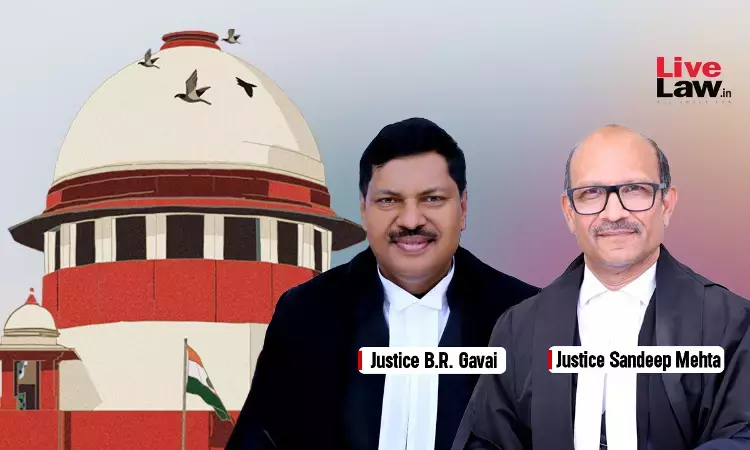'Post-Investigation' FIR Suspicious: Supreme Court Holds Probe Tainted As Police Concealed Actual First Information
Yash Mittal
10 Aug 2024 9:30 AM IST

Next Story
10 Aug 2024 9:30 AM IST
The Supreme Court on Thursday (Aug. 8) reversed the conviction in a murder case after noting serious loopholes regarding the registration of the First Information Report.The Court found that the FIR was registered not on the basis of the actual first information, but on the basis of a subsequent complaint. The Court said that such a "post-investigation" FIR does not inspire confidence.The...
